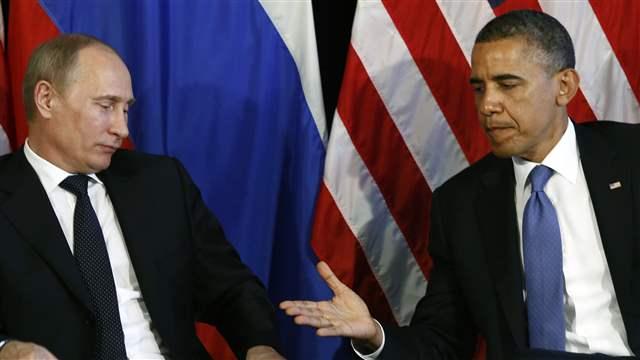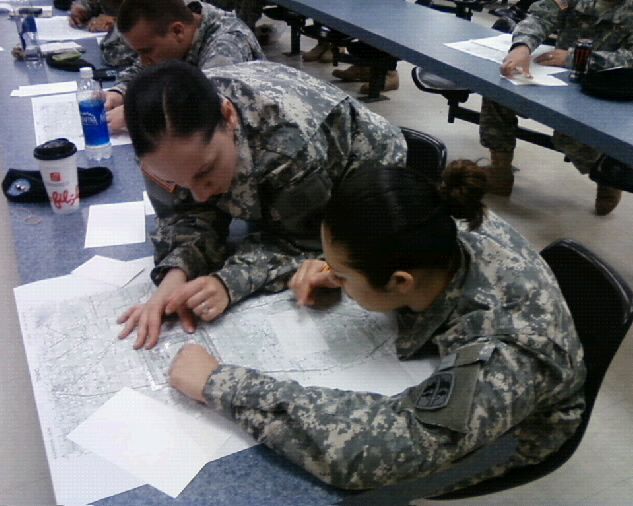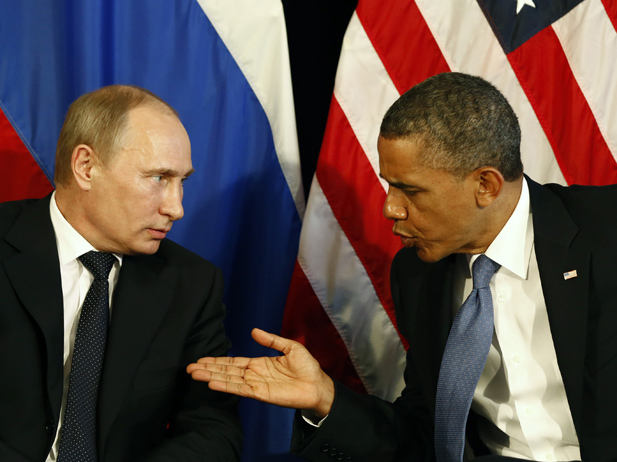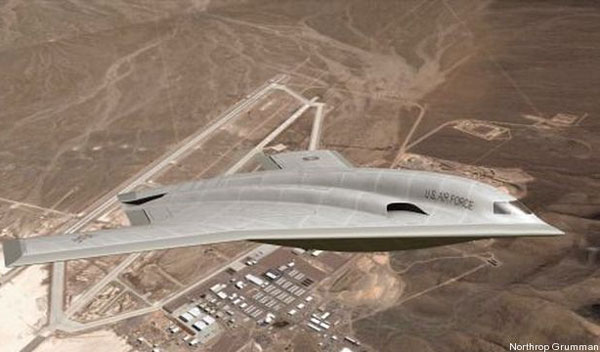Following the Paris attacks, French President Francois Hollande has embarked on a diplomatic campaign to forge a united military front against ISIS. Specifically, he has called for Washington and Moscow to set aside their differences over Syria and “fight this terrorist army in a broad, single coalition.”
Can the West work with Russia in fighting ISIS?
Jonas Becker: Beneficial, But Unlikely
Program Editor, Procurement
In the wake of the Paris attacks, French President Francois Hollande has embarked on a diplomatic campaign to build a broad-based coalition against ISIS. Germany has pledged 650 Bundeswehr soldiers to relieve French counter-terror efforts in Mali, while Britain has declared its willingness to expand air strikes to Syria. Hollande has also reached out to Russian President Vladimir Putin, but the downing of a Russian SU-24 warplane by Turkish F-16s has cast doubt on the Kremlin’s tentative willingness to work with the West.
The inclusion of Russia in an international coalition against ISIS would be invaluable, but faces several serious challenges. While Moscow claims to be bombing ISIS targets, the majority of airstrikes have targeted Western- and Gulf state- backed militias opposed to Bashar al-Assad’s regime. Russia is in Syria to defend its own military and political interests. While problematic for Assad and Putin, ISIS does not present the most urgent threat when compared to the Kurdish or FSA fighters. Historical animosities between Russia and the West may also preclude the formation of a cohesive alliance. This diplomatic coolness has not been helped by the loss of a Russian jet, and the subsequent murder of a pilot by Turkish backed Syrian rebels.
With its long history of battling Islamic militants in Chechnya and Afghanistan, Russia would bring a wealth of expertise to any anti-ISIS coalition. Yet Putin’s strategy of backing Assad, longstanding grievances between Russia and the West, and recent events on the Syrian-Turkish border seem to have largely ruled out this possibility.
Michael Lumbers: Don’t Count On It
Program Editor, Emerging Security
For those hopeful that the almost simultaneous downing of a Russian airliner over Egypt and the Paris attacks amounted to a turning point, one that will persuade the West and Russia to set aside their many differences in the interest of coordinating military efforts against a common adversary, the Second World War’s Grand Alliance serves as a promising precedent. This analogy is false on many levels, not least of which the asymmetric threat posed by ISIS does not amount to the kind of existential threat, like a Nazi Germany, that can make for strange bedfellows. In the absence of the unifying influence of a truly alarming enemy, there is little to suggest that the strategic distrust that has soured Russo-American relations will abate and that Moscow and Washington won’t continue pursuing conflicting agendas in Syria.
While the stated objective of Russia’s military intervention in Syria was the need to counter ISIS, the decision was spurred more by other considerations: projecting influence in the Middle East, promoting the idea that sovereign governments should be supported rather than undermined by the meddling West, and diverting attention from Ukraine so as to lessen Russia’s diplomatic isolation and chip away at Western support for continued economic sanctions against Moscow. Consequently, Syrian militias backed by the West and its Gulf allies, rather than ISIS, have borne the brunt of Russian bombing, with a view toward buying a much needed reprieve for Bashar al-Assad’s regime in Damascus.
While Russia views Assad as a bulwark against regional terrorism and its spread to the North Caucasus, America regards him as a blood-thirsty dictator whose repressive measures have served as a prime recruiting tool for ISIS and whose departure is therefore necessary to both bring Syria’s civil war to an eventual end and stem the tide of ISIS.
Vladimir Putin’s support of Assad is purely pragmatic and not based on any emotional bond; it can be plausibly assumed he would be willing to help ease his Syrian counterpart out of power if a transitional government in Damascus safeguarded Russia’s regional interests. However, Putin’s price for helping to bring about a key Western aim would be high, likely a relaxation of economic sanctions stemming from Russia’s annexation of Crimea and sponsorship of separatists in eastern Ukraine.
Considering that the Obama administration has been heavily criticized by domestic opponents and Eastern European allies alike for an alleged lack of backbone in confronting Russian aggression, it’s hard to envision the White House signing off on such a cynical trade. Without such a deal, Putin will likely persist with buttressing Assad’s position, which entails more softening up of various Syrian militias than bombing ISIS. Russia’s identification as a stalwart ally of Assad only sullies it in the eyes of people ISIS is attempting to recruit. From both a strategic and public relations perspective, Washington won’t be eager to join hands with Moscow.
Leon Fleddermann: From Paris With Love
Contributing Writer
Let’s face it, the Cold War is over. Russia has been an important partner of the West in the past when it comes to fighting global terrorism. Putin’s strategy in Syria is daring, but also more promising than Obama’s containment strategy, which left 130 dead in Paris. Russia’s military is certainly a valuable asset to have in the fight against ISIS; it has experience conducting counter-terrorism operations, as well as allies in the region, which allows for access to supply routes and proxy bases. In addition, cooperation with Putin would pressure the U.S. into further committing itself to the fight against ISIS, thus adding significant military assets.
Is the enemy of my enemy my friend? That’s the question at hand here. It is obvious that tensions between Russia and the West have been growing in the last few years, but military cooperation and victory against a common enemy might help to ease tensions and restore a healthier diplomatic relationship. ISIS cannot be allowed to further establish itself as a regional power and an international terrorist threat. Only a larger military alliance can put an end to ISIS and make the West safer from terrorism. Cooperation with Russia would likely achieve that goal.
Michael Kang: The Case for Mediation
Research Analyst Intern
In the aftermath of the downing of a Russian warplane by Turkish forces, relations between Russia and NATO are looking increasingly uncertain. Turkey has looked to its allies for support over actions that Russia condemned as an act of aggression, while France has been pressing for the creation of a larger, more inclusive coalition to fight ISIS. It remains to be seen whether France will be able to forge such an alliance between disparate actors.
Following the Paris attacks, France and Russia have increased their naval cooperation in the Mediterranean, while Hollande and Putin have met to further discuss the political future of Syria. Russia has also backed France’s proposal to close the Syria-Turkey border in order to stop the influx of extremist rebel groups.
Nonetheless, there are still clear divisions between Russia and the West. The U.S. has been adamant that Russia focus its military efforts on fighting ISIS, rather than supporting the Assad regime against Western-backed rebel groups. Meanwhile, there is also the potential for escalation between Russia and Turkey should Moscow decide to retaliate against Ankara by supporting Syrian Kurd forces.
With ISIS serving as a common enemy, the West should be cautious in further marginalizing Russia. Given the circumstances, France now has a unique opportunity to bridge the gap between the two sides and determine how this conflict plays out.




